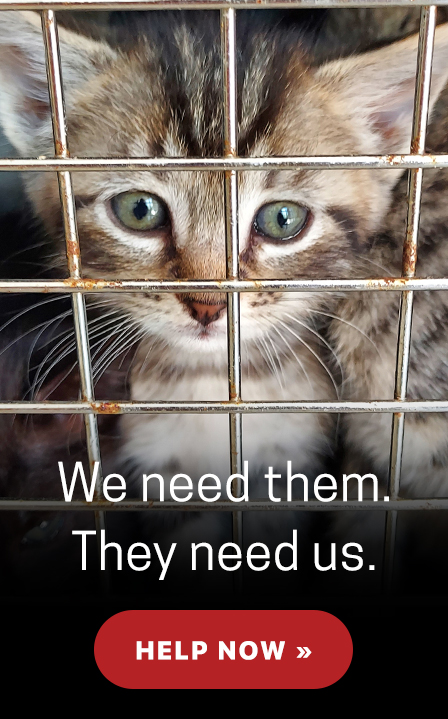May 22, 2018 — 
For Americans at war today, the most dangerous enemy doesn’t have a face.
Improvised explosive devices, or IEDs, are now the biggest threat to our fighting men and women. These invisible yet deadly weapons are responsible for about two-thirds of American casualties in Iraq and Afghanistan. Recently, Foreign Policy magazine reported that 16 years after the war began, IED attacks in Afghanistan are increasing. They will surely be a central part of the Taliban’s recently announced ” spring offensive.” President Trump has committed another 4,000 troops to the region and is currently considering sending 1,000 more, increasing American exposure to the IED threat.
Today, American Humane and veterans advocate Lois Pope are honoring the best defense against IEDs: military working dogs. We are presenting the K-9 Medal of Courage — the nation’s highest honor for military dogs — to four furry heroes at a special awards ceremony on Capitol Hill. These K-9s will receive the recognition they deserve for saving American lives by detecting IEDs, among other acts of bravery.
Dogs have always been a valuable part of America’s defense efforts, but they have become a vital part with the rise of IEDs as the enemy’s weapon of choice this century. These hidden bombs are the ” number one threat,” says Ret. Adm. Mike Mullen, former chairman of the Joint Chiefs of Staff. At the height of the War on Terror, they were killing and maiming so many Americans that the Pentagon called for a ” Manhattan Project” to try to combat them. Even when armor can block IED shrapnel, the blast wave can cause traumatic brain injury and lead to post-traumatic stress.
Despite billions of dollars of research, nothing the Pentagon could come up with matched the prowess of K-9s when it came to detecting IEDs. That’s because nothing man-made can match dogs’ remarkable sense of smell. Dogs have a unique olfactory system that allows them to detect scents at 10,000 times the level of humans. They can detect odor traces so small that they sometimes can’t even be measured by the most advanced technical equipment.
As a result, dogs have become indispensable tools on the battlefield, detecting IEDs just before their handlers and convoys set them off. The military alone only locates about half of the IEDs planted in Afghanistan and Iraq. But with dogs, the detection rate increases to 80 percent. “They are an invaluable asset for freedom of movement of our ground patrols,” says the Defense Department. There are currently roughly 1,600 U.S. military working dogs. Their use and numbers should be expanded to provide even more protection to our military.
The stories of the military dogs being honored today are remarkable. For example, Jag is a 12-year-old Labrador who served with the U.S. Army as a specialized search dog for seven years, helping sniff out IEDs and hidden weapons caches. On his very first mission, Jag discovered a major cache and alerted his handler of the immediate danger. The other K-9 Medal of Courage winners: Taba, Summer, Taker, and Jig (who is currently battling a fatal medical diagnosis and will be unable to attend tonight’s ceremony) also worked on the front lines of the War on Terror, detecting IEDs and saving American lives. K-9 Summer is still hard at work, looking to sniff out potential terrorist attacks on Amtrak in the nation’s capital.
Nearly as notable as these four-legged heroes’ bravery on the battlefield is their loyalty off it. As is the case with many of their compatriots, two of these dogs have been adopted by their former handlers, providing support and companionship to heal the emotional and physical wounds of war.
Tonight we celebrate these courageous canines for their service on the battlefield and on the home front, helping our service men and women long after they return to civilian life.
After confronting a faceless enemy in war, it’s nice to return to a friendly and furry face at home.
Dr. Robin Ganzert is president and CEO of American Humane, the country’s first national humane organization, which has been supporting the U.S. military and military animals for 100 years.
Read the full story on the Washington Examiner.

